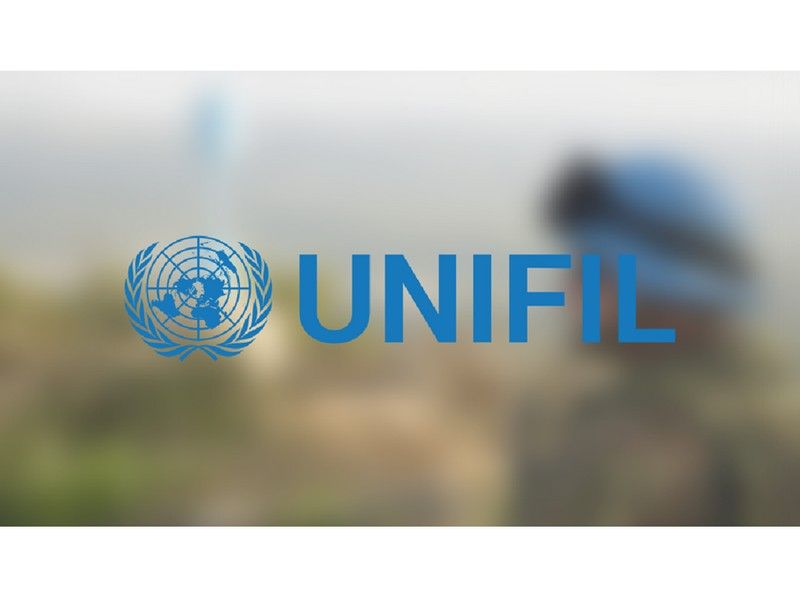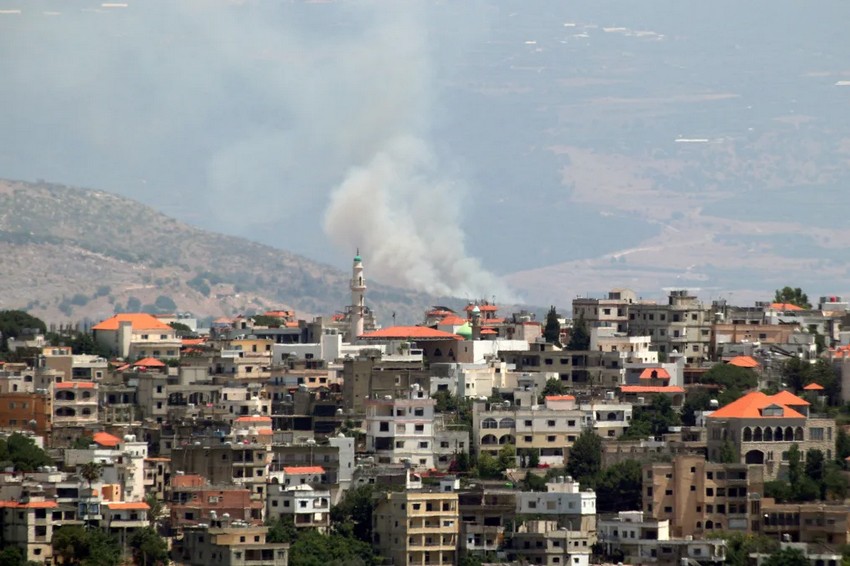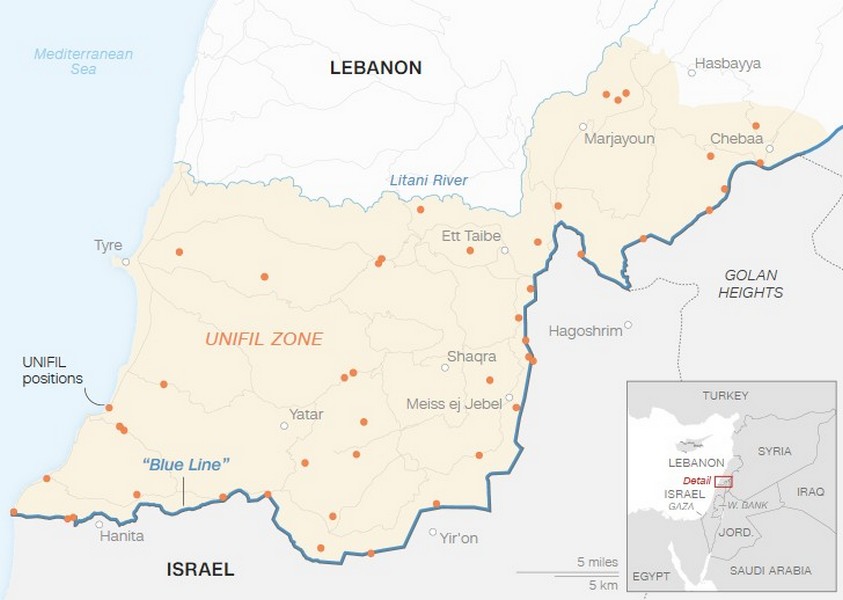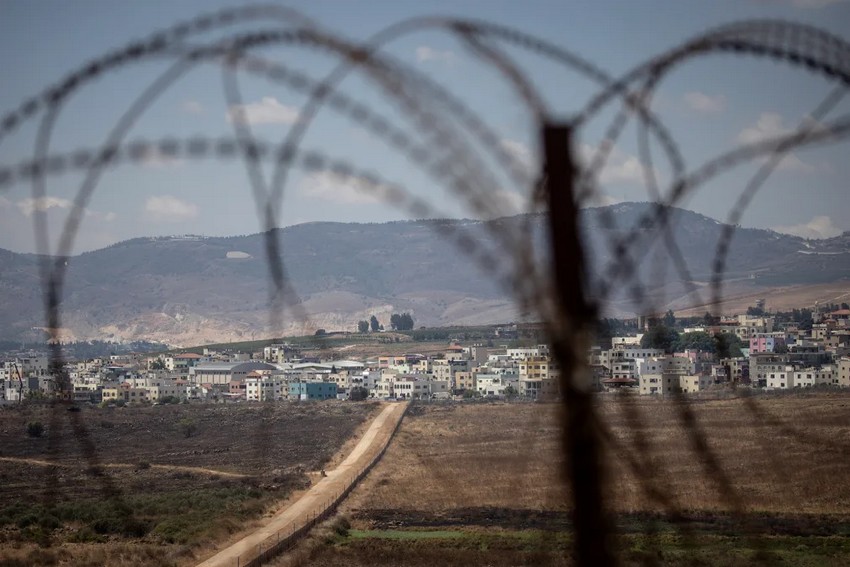

Why An 18-Year-Old UN Resolution Is Critical To Ending Lebanon-Israel War

Wijk bij Duurstede, November 29, 2024
With a ceasefire between Hezbollah and Israel in place,
an 18-year-old United Nations resolution has resurfaced as a blueprint for ending the war.
US President Joe Biden announced last Tuesday that Israel and Lebanon have accepted a proposal that is "intended as a permanent cessation of hostilities" with Hezbollah. The deal went into effect last Wednesday, November 27, 2024 at 4 p.m. local time.
The 60-day cessation of hostilities aims to implement UN Security Council Resolution 1701, which was adopted to end a 34-day war between Israel and Lebanon in 2006, and which had maintained relative calm in the area for nearly two decades.
That lasted until the day after Hamas's October 7 attack on Israel last year, when Hezbollah attacked in solidarity, the beginning of more than a year of conflict.

A photo taken from the southern Lebanese area of Marjeyoun, near the border with northern Israel, shows plumes of smoke rising from an area targeted by rockets fired from the Lebanese side that hit an area in the disputed
Shebaa Farms on June 21.
Rabih Daher/AFP/Getty Images
1701 resolution
The resolution stipulated that Israel should withdraw all its troops from southern Lebanon and that the only armed groups present south of the Litani River should be the Lebanese army and the UN peacekeeping force (UNIFIL).
This resolution was intended to end the 2006 Lebanon War. The resolution calls for a complete cessation of hostilities between Israel and Hezbollah, the withdrawal of Hezbollah and other forces from Lebanon south of the Litani, the disarmament of Hezbollah and other armed groups, and the withdrawal of Israeli forces from Lebanon.

South Lebanon Map
No forces other than UNIFIL and Lebanese military are located south of the Litani River, which flows about 29 km (18 mi) north of the border.
He emphasizes the need for Lebanon to exercise full control of the government.
It was unanimously approved by the United Nations Security Council on August 11, 2006.
The Lebanese cabinet unanimously approved the resolution on 12 August 2006.

U.S. Secretary of State Condoleezza Rice (L) and Argentine Ambassador Cesar Mayoral raise their hands to vote on UN Resolution 1701 at UN headquarters in New York City, on August 11, 2006.
Stephen Chernin/Getty Images
On the same day, Hezbollah leader Hassan Nasrallah said that his militia would honor the call for a ceasefire. He also said that once the Israeli offensive stops, Hezbollah's rocket attacks on Israel would stop. On August 13, 2006, the Israeli cabinet voted 24-0 in favor of the resolution, with one abstention.
The ceasefire began on Monday, August 14, 2006 at 8 a.m. local time, after increasing attacks by both sides.
From 2006 onwards, the resolution was not fully implemented.
Hezbollah and other armed groups in southern Lebanon have not withdrawn at all;
Lebanon claims that Israel has not completed its withdrawal from the country and continues to occupy the Shebaa Farms, a 15-square-mile (39-square-kilometer) stretch of land that Israel has held since 1967.
Israel claims that the area of Shebaa Farms is part of the Golan Heights, which it conquered from Syria and later annexed. The international community – with the notable exception of the United States – considers the Golan Heights to be occupied territory belonging to Syria.
Resolution
The resolution calls for:
Complete cessation of hostilities.
- Israel is withdrawing all its troops from Lebanon, parallel to the Lebanese Blue Line, and UNIFIL along with Lebanese soldiers who will be deployed throughout the south.
- A long-term solution based on:
- Disarmament of all armed groups in Lebanon (including Hezbollah).
- No forces other than UNIFIL and the Lebanese Army (which implies Hezbollah and Israeli forces) will be located south of the Litani River.
- No foreign troops in Lebanon without the permission of the government.
- To provide the United Nations with all maps of landmines in Lebanon held by Israel.
At the same time, the resolution also emphasizes:
- The importance of complete control over Lebanon by the government of Lebanon.
The resolution also reiterates the Security Council's strong support for:
- Full respect for the Blue Line.
- The territorial integrity, sovereignty and political independence of Lebanon within its internationally recognised borders.
Disarmament of armed groups in Lebanon
The resolution calls for "full implementation of the relevant provisions of the Taif Links, and of Resolutions 1559 (2004) and 1680 (2006), which require the disarmament of all armed groups in Lebanon, so that, in accordance with the Lebanese Cabinet Decision of July 27, 2006, there will be no weapons or authority in Lebanon other than those of the Lebanese State."

The blue line separating Israel (left) and Lebanon (right) can be seen as you look at the Lebanese border town of Aadaysit from the UNIFIL base in Kafarkila, Lebanon, on August 16.
Chris McGrath/Getty Images
It is to be hoped that all parties will use the next 60 days to fully implement Resolution 1701.
So that perhaps there is finally a lasting prospect of peace in Lebanon.

